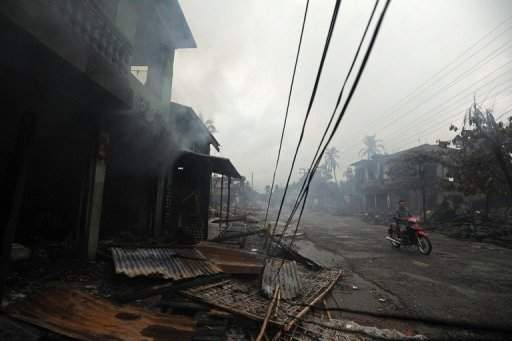KUWAIT: The Middle East needs to solve the conundrum which leaves it sitting on 40 percent of the world’s gas reserves and yet suffering from a supply shortage, a senior executive from Royal Dutch Shell said on Monday.
Natural gas demand in the region was growing at such a rate that by 2015, total consumption in the Middle East would be close to that in major European economies, Malcolm Brinded, Shell’s executive director for international upstream, said in a speech at an industry event.
Middle East gas demand was rising at around 5 percent per year, a rate similar to growth in China, he said.
"Domestic demand is growing, fuelled by economic growth, low gas prices and a gradual switch from oil to gas for power generation. As a result, some Middle East countries face natural gas shortages," Brinded said.
The region could explore using new technology and investing in LNG infrastructure as it looks to meet gas demand, Brinded said.
While global gas markets suffer a glut, the only country in the Gulf with gas to spare is Qatar. The rest of the region would burn more if it could.
In February, OPEC-member Kuwait signed a five-year service contract with Shell to develop pure fields in the country’s north. The Gulf Arab state plans to increase output from the gas fields to 1 billion cubic feet per day (cfd) from around 140 million.
Kuwait, like its neighbors, has seen gas demand for power generation and industry rise on a petrodollar-fuelled boom.
Shell signed a deal in June 2009 to supply Kuwait, one of the world’s highest per capita consumers of electricity, with gas to feed its power generation stations during the summer.
Neighboring Iraq said earlier this month it would invite 15 companies by the end of the year to bid to develop three gas fields, and said Shell was among the favored.


